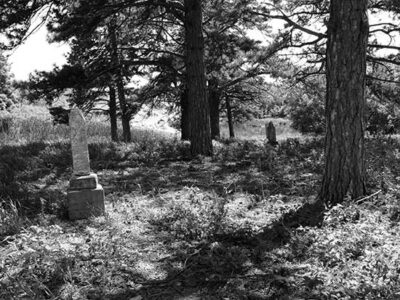Congress shall make no law respecting an establishment of religion,
or prohibiting the free exercise thereof . . . So begins the First
Amendment to the U.S. Constitution. With those words, America’s
founders set up an inherent tension that we’ve struggled with ever
since, as we attempt to uphold the protected status of religious
belief without tipping the scales toward any particular religion.
In the past half-century, increasing secularization and religious
diversity have heightened that historic tension.
The latest version of this balancing act is the so-called
Religious Liberty Protection Act (RLPA), which passed the House of
Representatives July 15 and ‘aims to protect religious expression
in cases in which it conflicts with other government regulations,’
according to The Christian Century (June 2, 1999). To
infringe upon religious claims, governments would have to
demonstrate a compelling reason–such as health or safety–and show
that they are operating in the least restrictive manner possible.
But, rather than clarify the church-state debate, the legislation
has sparked a furious struggle over gay rights and state
authority.
‘Protecting religious liberty is a worthy cause, but not at the
expense of any person’s other civil rights,’ says Kerry Lobel,
executive director of the National Gay and Lesbian Task Force. ‘We
strongly believe both of these principles are important and neither
should be sacrificed for the sake of the other.’
The act is intended to replace the similar Religious Freedom
Restoration Act of 1993, which the Supreme Court ruled
unconstitutional two years ago. It will come up for debate in the
Senate later this year.
During House debate, RLPA supporters said it is needed to, for
instance, protect the right of Jewish children to wear yarmulkes in
public schools, and that of ‘elderly landladies’ to refuse
apartments to unmarried couples. Church representatives also
testified about the N.I.M.B.Y. (not in my back yard) objections
they increasingly face when building new church facilities.
RLPA opponents suggest that the law would, in fact, legitimize
discrimination based on sexual orientation and marital status.
Writing in The Nation (July 12, 1999), Doug Ireland suggests
that RLPA would ‘shred much of the protection against
discrimination provided by the dozens of local and state gay civil
rights laws’ by giving landlords and employers freedom to act upon
their religion-based bigotry against homosexuals. Indeed,
Representative Barney Frank, a Massachusetts Democrat, noted during
House debate that slavery and segregation were once justified on
religious grounds, too.
Other opponents argue that RLPA violates states’ rights and the
regulatory prerogatives of local governments. The 1997 Supreme
Court ruling against the Religious Freedom Restoration Act was
based on a states’ rights argument and involved the case of a
Catholic parish in Boerne, Texas, that wanted to tear down a
historic church building against the wishes of city officials.
‘Cities could face dramatic preemption of local zoning authority’
under RLPA, according to Susan Parnas in Nation’s Cities
Weekly (June 21, 1999).
Besides, she argues, none of the concerns RLPA proponents have
cited affect their ability to worship. They cite ‘cases in which
church-operated facilities, or religiously motivated opinions have
been affected–not the actual practice of religion.’
That view, of course, draws a narrow definition of ‘religion’
that few believers, of any stripe, would accept. Religious freedom
doesn’t consist simply of the right to attend worship without being
jailed. Most believers would say it is the freedom to bring their
religious identity, undisguised and unimpeded, into every aspect of
public life.
Ironically, that’s also how most gay people would define their
goals regarding sexual orientation. And there you have at least one
horn of a dilemma. When America’s founders invented religious
freedom in the 18th century, there was a Protestant, Christian,
Northern European consensus about the core values of American
culture. By the end of the 20th century, that consensus has
dissolved on every front.
As has any hope of settling the church-state debate.




